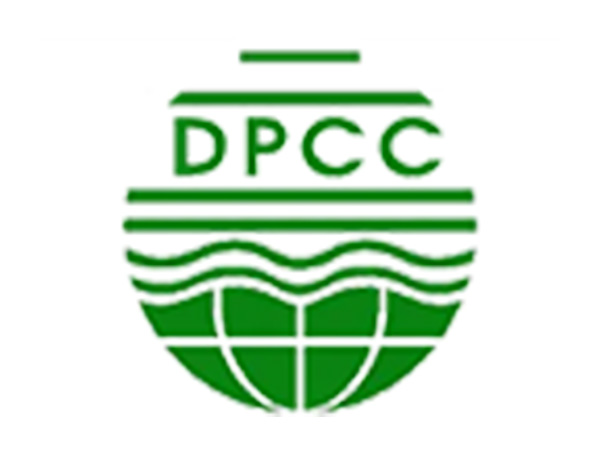New Delhi Introduces Automatic Operational Clearance for Green Industries
Starting August 1, 2025, small and non-polluting industries in Delhi will experience a significant change in how they receive operational permissions. The Delhi Pollution Control Committee (DPCC) has introduced a new rule that allows units classified under the “green category” to automatically obtain operational clearance if the committee does not respond within 20 days of their application.
This decision aims to streamline the process for industries that do not require pollution control equipment. These businesses, which are considered to have minimal environmental impact, will no longer need to wait for extended periods to get approval. If the DPCC fails to respond within the specified timeframe, the permission will be deemed granted, eliminating the need for lengthy paperwork and delays.
Benefits for Small Businesses
The new regulation is expected to provide relief to small factories, packing units, and service centers. These businesses often face challenges in obtaining necessary approvals due to bureaucratic procedures. By implementing this automatic clearance system, the DPCC is making it easier for these enterprises to start operations without unnecessary hurdles.
The move is part of a broader effort to support small-scale industries and encourage economic growth. It also aligns with the goal of reducing administrative burdens on businesses while maintaining environmental standards.
Additional Measures for Construction Sites
In addition to the new rule for green industries, the DPCC has taken further steps to address environmental concerns. On May 23, the committee made it mandatory for all construction and demolition sites to register on its Dust Portal before their building plans can be approved. This initiative is aimed at ensuring strict compliance with dust control measures.
The DPCC has issued guidelines requiring landowners, construction agencies, and contractors to follow 14 specific dust mitigation measures. These include wet suppression techniques such as the use of anti-smog guns and water sprinkling systems to minimize dust pollution at construction sites.
Impact on Environmental Management
The introduction of these measures reflects a growing emphasis on environmental responsibility across different sectors. By mandating registration and adherence to dust control protocols, the DPCC is working to reduce air pollution caused by construction activities. This approach not only protects public health but also promotes sustainable development practices.
The DPCC’s actions demonstrate a commitment to balancing industrial growth with environmental protection. By simplifying processes for small businesses and enforcing stricter regulations on construction sites, the committee is taking a proactive stance in managing pollution.
Looking Ahead
As the new rules come into effect, it is anticipated that the business environment in Delhi will become more efficient and supportive for small enterprises. The automatic operational clearance for green industries is a step toward creating a more favorable regulatory climate. At the same time, the focus on dust control measures highlights the importance of addressing environmental challenges in rapidly developing urban areas.
These developments underscore the ongoing efforts to create a sustainable and economically viable future for Delhi’s industries and communities.






